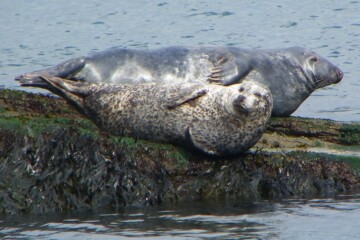
Protect marine mammal habitats
An international conservation initiative has identified new Important Marine Mammal Areas (IMMAs) in the Northeast Atlantic Ocean.

An international conservation initiative has identified new Important Marine Mammal Areas (IMMAs) in the Northeast Atlantic Ocean.
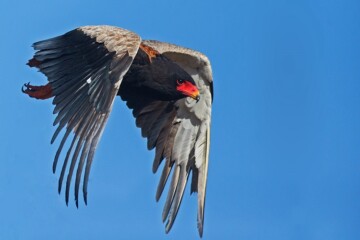
An international team of researchers has found that Africa’s birds of prey are facing an extinction crisis.
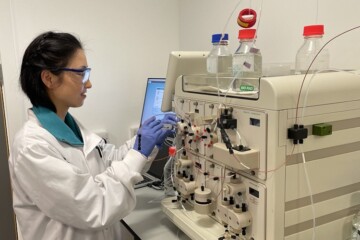
A PhD researcher studying microbes in the human gut has discovered a new molecule that acts as a ‘distress signal’ when viruses are detected.
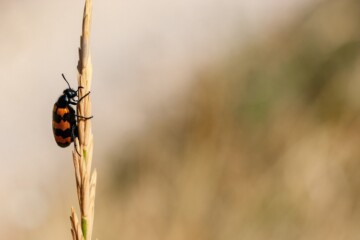
Animals who mate during a heatwave are less likely to reproduce successfully, according to new research led by the Universities of St Andrews and Aberdeen.

St Andrews is set to host the second international brain health summit, securing Scotland’s place as a hub for neurodegenerative disease research.
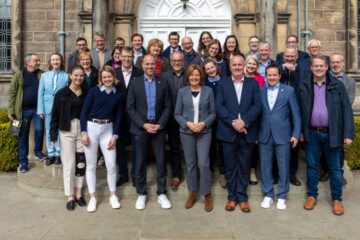
St Andrews played host to a delegation of politicians, academics, and media from Rhineland-Pfalz Palatinate in Germany this week.
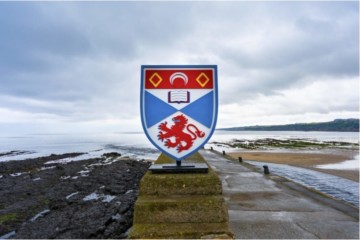
Four St Andrews professors were elected to join the Royal Society of Edinburgh’s 2023 intake of Fellows this week (Wednesday 22 March).
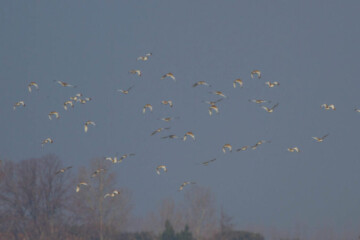
St Andrews scientists discover that widespread species increase the number of sites they occupy, whereas more narrowly distributed species decline.
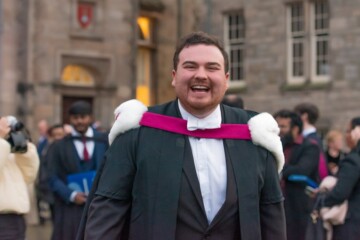
A Waid Academy pupil who was finally able to graduate in person this week said studying in St Andrews has been an international experience.
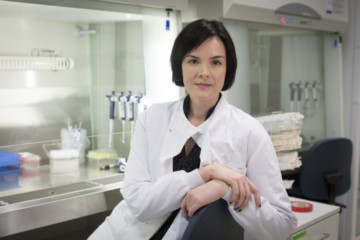
A leading St Andrews researcher has been recognised in the prestigious 2022 Blavatnik Awards for Young Scientists.